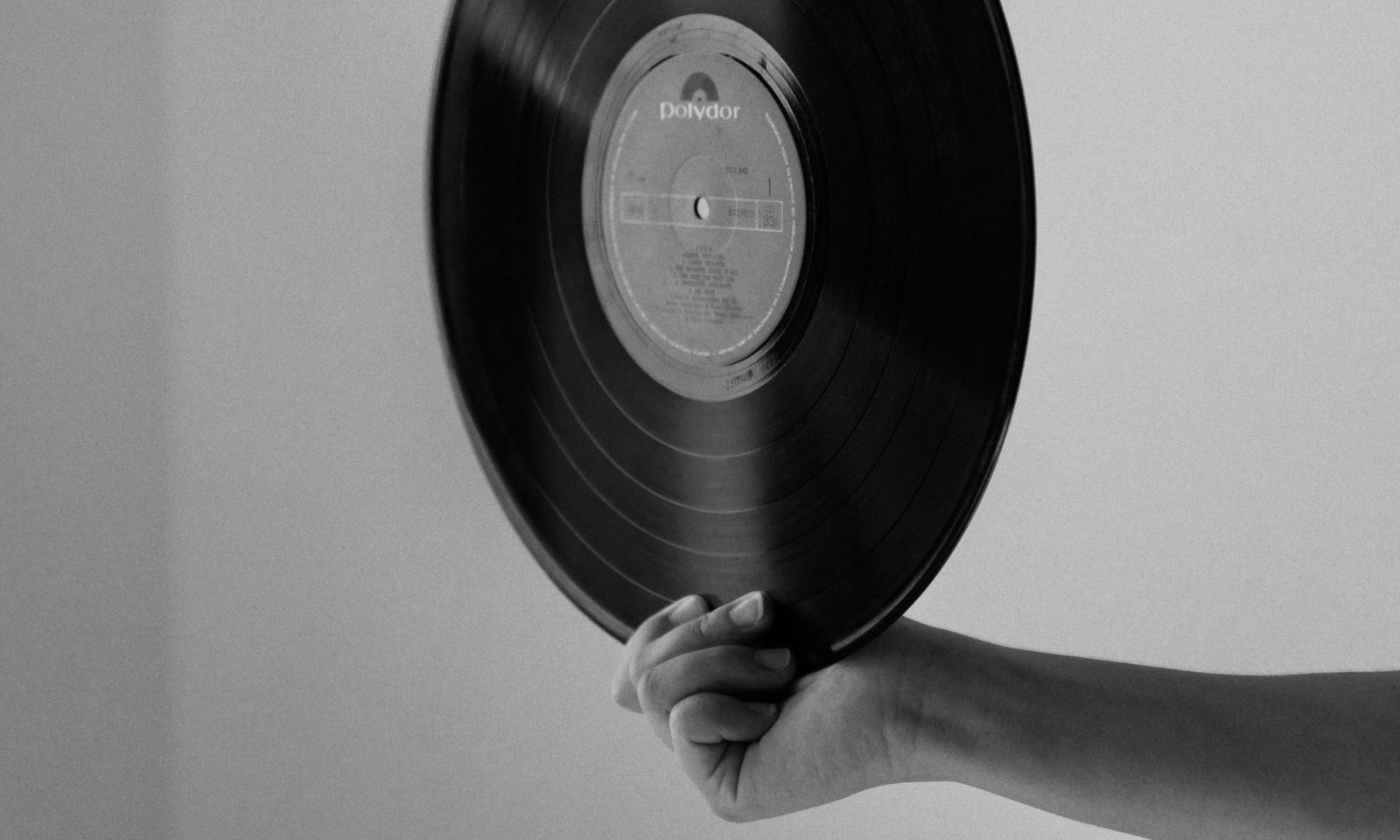Phonogram producers can prevent sampling
The German Federal Court of Justice (BGH) recently brought an end to a more than 20-year long saga in the “Metall auf Metall IV” case. In its decision (available here, in German), the BGH decided that reproduction of two-second sound samples infringes the related right of reproduction of phonogram producers.
The dispute began in 1997 when the company Pelham used two-second sound samples from Kraftwerk’s “Metall auf Metall” soundtrack to produce the “Nur mir” song. Kraftwerk, as the producer of the phonogram, on which “Metall auf Metall” was originally recorded, filed suit, claiming that Pelham infringed its related right to reproduction. The case made its way all up to the BGH, which sought clarification from the CJEU in regards to the interpretation of the so-called InfoSoc Directive, particularly its Article 2(c) which addresses the phonogram producers’ reproduction right. In its “Pelham” decision, which has already been reported at IPI, the CJEU clarified that the use of sound samples, albeit very short ones, infringes the phonogram producers’ right of reproduction, except when the samples are used in a modified form and are unrecognisable to the ear.
In light of the “Pelham” decision, the BGH weighed whether the “Metall auf Metall” samples are recognisable to the ear of an average music listener, and whether their use could be allowed under exceptions contained in the German Copyright Act Urheberrechtsgesetz (UrhG) that implement Article 5 of the InfoSoc Directive, particularly the quotation exception (Section 51 UrhG), incidental inclusion (Section 57 UrhG), or parody and pastiche. The BGH ultimately decided that the samples used were recognisable to the average music listener’s ear and that no exceptions were applicable, and therefore Pelham infringed Kraftwerk’s related right of phonogram producers.
The BGH’s decision is hardly unexpected (all the more so considering the CJEU’s last year “Pelham” judgement) and it opens the door for an expansive interpretation of related rights and therefore their protection. In doing so, it warns future music creators that, before resorting to samples, they should be wary not only of others’ copyright but of phonogram producers’ related rights as well.
The Grand Board of the European Union Intellectual Property Office (EUIPO) finally ruled that the figurative sign ‘COVIDIOT’ cannot be registered as an EU trademark.
The 4th Open Knowledge Day took place on Tuesday 17 October 2023, with an accompanying workshop on 18 October 2023. This year it was organised by the Open Data and Intellectual Property Institute (ODIPI) and supported by Knowledge Rights 21 (KR21).
We invite you to the fourth Open Knowledge Day and the workshop, which will take place this year within the framework of the programme and with the support of Knowledge Rights 21. The event will bring together experts from different European countries to discuss two topics: the first part will deal with the legal basis for data analytics, which is a key part of machine learning and related artificial intelligence, and the general exception for research. In the second part, open science in theory and practice will be presented both in Slovenia and in some Western Balkan countries. Representatives of research and educational institutions from Slovenia and the Western Balkan countries, as well as interested members of the public, are invited to attend.
Dr. Maja Bogataj Jančič, a renowned expert in copyright law, has joined the Berkman Klein Center for Internet & Society at Harvard University, where she will serve as an affiliate researcher for the next two years.





